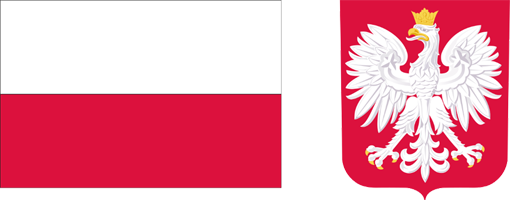Current issue
Archive
About the Journal
Aims and Scope
Editorial Board/Editorial Team
List of reviewers
Publishing process
Publishing Ethics and Malpractice Statement
Personal data protection (GDPR)
Creative Commons License
CrossRef Member / Similarity Check
For Authors
Call for papers
Guidelines for authors
Submitting a manuscript through the editorial system – step by step
For Reviewers
Peer review process
Guidelines for reviewers
Submitting a review – step by step
Contact
RESEARCH PAPER
IMPACT OF THE COVID-19 PANDEMIC ON AGRICULTURE IN THE VISEGRAD COUNTRIES: RESULTS OF AN EMPIRICAL AND ECONOMETRIC ANALYSIS
1
West Pomeranian University of Technology
These authors had equal contribution to this work
Submission date: 2024-07-22
Final review date: 2024-09-15
Acceptance date: 2024-12-09
Publication date: 2024-12-23
Zagadnienia Ekonomiki Rolnej / Problems of Agricultural Economics 2024;381(4):96-127
KEYWORDS
JEL CLASSIFICATION CODES
C33
I15
Q01
Q18
Q57
TOPICS
ABSTRACT
This study aimed to assess the impact of the direct and indirect effects of the COVID-19 pandemic on
agricultural production in the Visegrad countries. The study used monthly data for the 2005–2022 period.
Based on a literature analysis, key variables affecting agricultural production that were disrupted
by the pandemic were identified. In the second step, the FGLS model was used to establish causal relationships
between the variables studied and agricultural production. The ARIMA model was then used
to determine the difference between the expected and actual production values during the pandemic.
The results indicate that variables such as household final consumption expenditure, agricultural exports
and imports, and inflation significantly impact agricultural output. At the same time, disruptions in these
areas harmed the sector. The analysis indicates that the COVID-19 pandemic, in particular the lockdown
policy, led to a permanent loss of agricultural production of 4.5% in the countries studied. Another substantial
pandemic effect was high inflation, which shows a non-linear effect on agricultural production.
The findings suggest that in the event of similar socio-economic disruptions, policymakers should support
domestic consumption of agricultural products and pursue policies that ensure price stability.
Share
RELATED ARTICLE
We process personal data collected when visiting the website. The function of obtaining information about users and their behavior is carried out by voluntarily entered information in forms and saving cookies in end devices. Data, including cookies, are used to provide services, improve the user experience and to analyze the traffic in accordance with the Privacy policy. Data are also collected and processed by Google Analytics tool (more).
You can change cookies settings in your browser. Restricted use of cookies in the browser configuration may affect some functionalities of the website.
You can change cookies settings in your browser. Restricted use of cookies in the browser configuration may affect some functionalities of the website.




